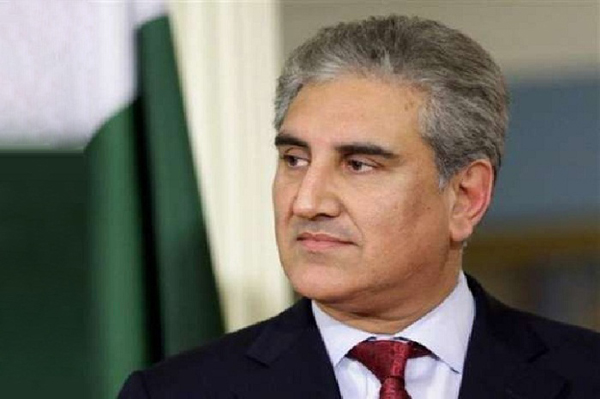Pakistan, which opposes additional permanent members on the UN Se
curity Council, has called for equitable representation on the 15-member body by adding more elected seats to it.
Speaking in the long-running intergovernmental negotiations on Se
curity Council reform, Pakistan’s Permanent Representative to the United Nations Maleeha Lodhi said equitable representation has been the primary impulse behind all Se
curity Council reform efforts and its importance cannot be overstated.
“In 1945, the Se
curity Council represented 20 percent of the membership of the UN; today, it represents 8 percent of the membership,” she said, also pointing out that nearly a third of the membership has never served on the Council.
Full-scale negotiations to restructure the Se
curity Council began in the General Assembly in February 2009 on five key areas: categories of membership, the question of veto, regional representation, size of an enlarged Council, and working methods of the body and its relationship with the 193-member Assembly.
Despite a general agreement on expanding the Council as part of the UN reform process, member states remain divided over the details.
Known as the Group of Four, India, Brazil, Germany and Japan have shown no flexibility in their campaign for expanding the Se
curity Council by 10 seats, with six additional permanent and four non-permanent members.
On the other hand, Italy/Pak
istan-led Uniting for Consensus (UfC) group m
aintains that additional permanent members will not make the Se
curity Council more effective.
As a compromise, UfC has proposed a new category of members – not permanent – with longer duration of terms and a possibility to get re-elected once.
Ambassador Maleeha Lodhi said representativeness and accountability were two sides of the same coin and one cannot co-exist without the other.
“Applied in the context of the Se
curity Council, it is evident that these conditions cannot be met by an expansion in the permanent category,” the en
voy stressed. “This is acknowledged by UN charter itself, wherein permanent members are identified by name without creating any pretence of regional or equitable distribution.”
Criticising the Group of Four position, Lodhi said, “Without prejudice to the Common African Position for representation on behalf of an entire region, we are at a loss to understand how proposals that seek to promote the national aspirations of some member states, can enhance the representative nature of the Se
curity Council, when the region in question has neither bestowed that privilege on them, nor does it enjoy the right to hold them to account.”
She said it was the non-permanent category where the elements of equitable representation are embedded; elections and geographical distribution in article 23 of the UN Charter, and a specific term with rotation in article 23. Separate these two articles and the concept of representation goes out of the window, she said.
Ambassador Lodhi expressed Pakistan’s commitment to constructive and meaningful engagement in carrying forward the reform process. But, she said, the process itself has to be a membership-driven one.
Published in Daily Times, March 29th 2018.










